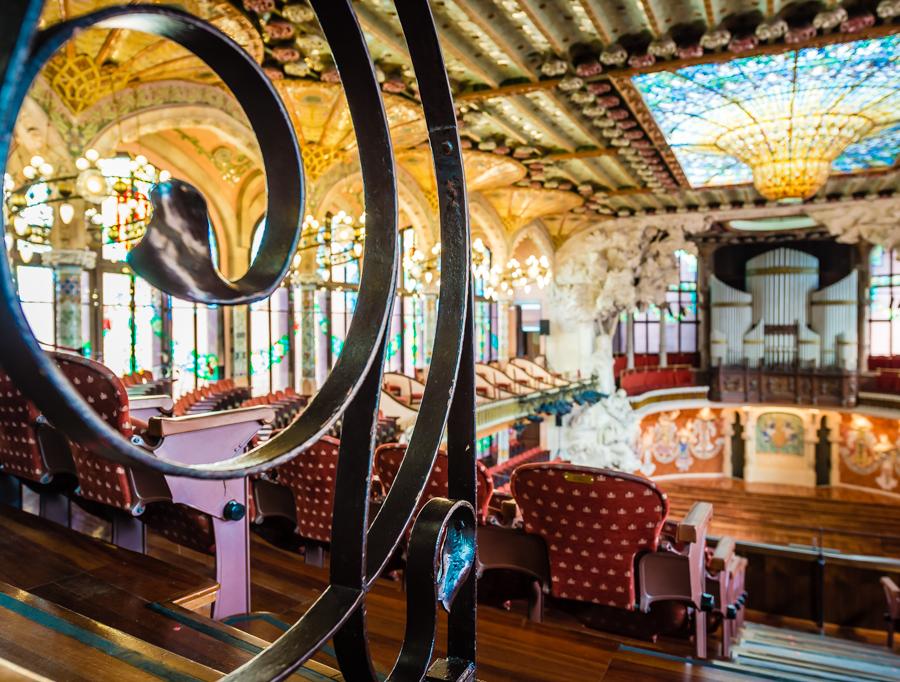
The historical personage is assimilated to his mythical model (hero, etc.), while the event is identified with the category of mythical actions (fight with monster, enemy brothers, etc.). The structures by means of which it functions are different: categories instead of events, archetypes instead of historical personages. This is because popular memory finds difficulty in retaining individual events and real figures. “The recollection of a historical event or a real personage survives in popular memory for two or three centuries at the utmost. In a work published originally in 1949, the philosopher Mircea Eliade affirmed the following: Music, History, Chile, Discovery of America, Eurocentrism That is why the present paper examines both bibliography and original documents found in different archives. A corollary would be that documentary evidence about music has been frequently hidden or distorted precisely in order to fit such a myth. 1810) and the centenary of the republic (1910). The main hypothesis is that traditional discourses about that history have constantly recycled narratives on the discovery of America, which thus operates as a kind of founding myth for historical and musicological interpretations, especially when dealing with turning points such as the change of dynasty (1700), the beginning of independence (c.

This paper uses these viewpoints to analyze and criticize the way in which Chilean music history has been constructed, particularly during the republican era. According to them, even though historians attempted to assemble documentary evidence objectively, they constructed their narratives incorporating such evidence in preexisting stories, characters and categories with a mythical origin.

At the same time, Claude Lévi-Strauss, Hayden White and others argued for the mythical character of history. Received 26 August 2014 revised 18 November 2014 accepted 26 November 2014ĭuring the past century, Edmundo O’Gorman, Tzvetan Todorov, Enrique Dussel and other scholars pointed out the Eurocentric perspective implied in traditional narratives about the discovery of America, most of which intended to confirm Europe as the center of world history and culture.
#Salas de practica musica license
This work is licensed under the Creative Commons Attribution International License (CC BY). Music Institute, Pontificia Universidad Católica de Chile, Santiago, ChileĮmail: © 2014 by author and Scientific Research Publishing Inc.


 0 kommentar(er)
0 kommentar(er)
